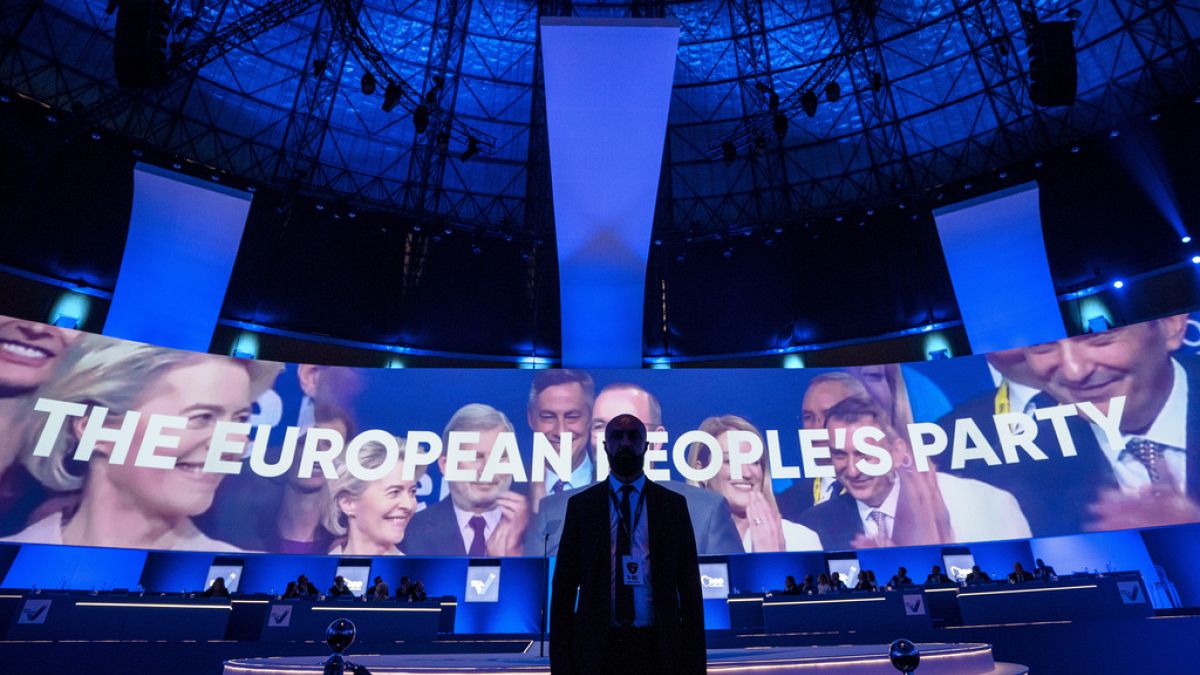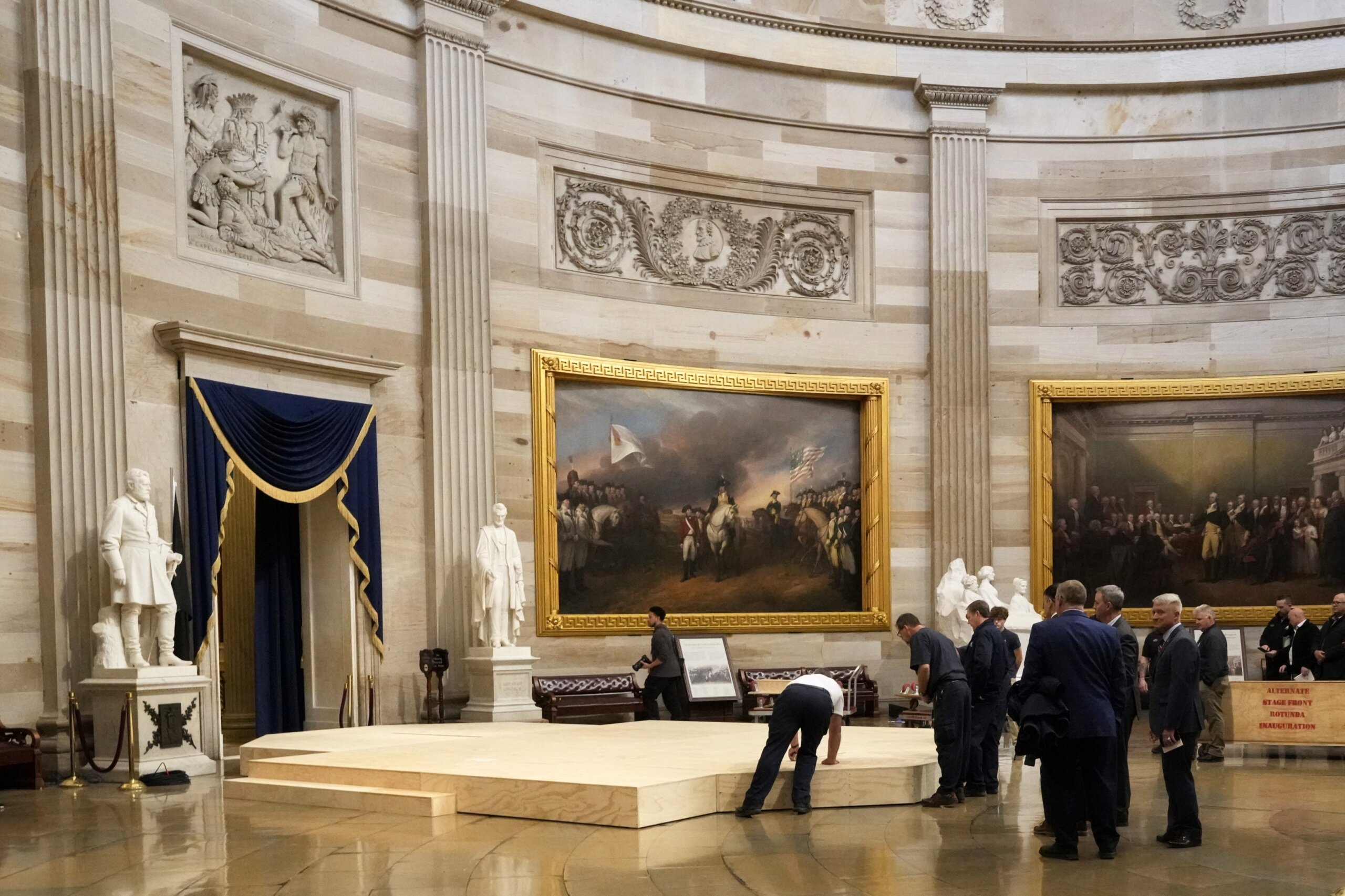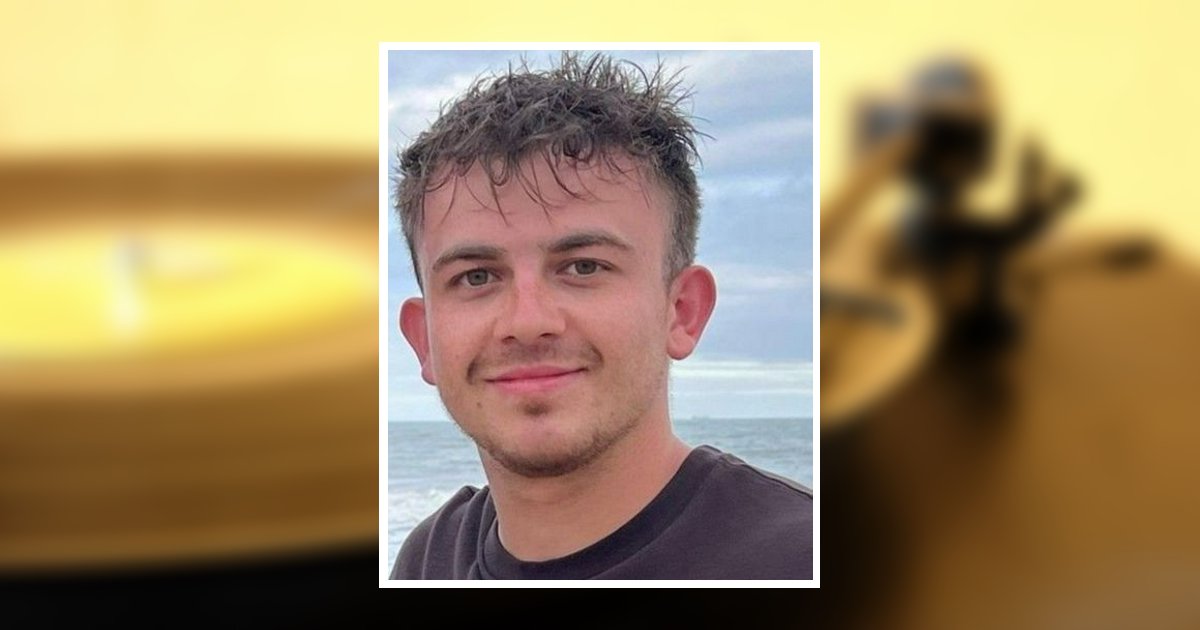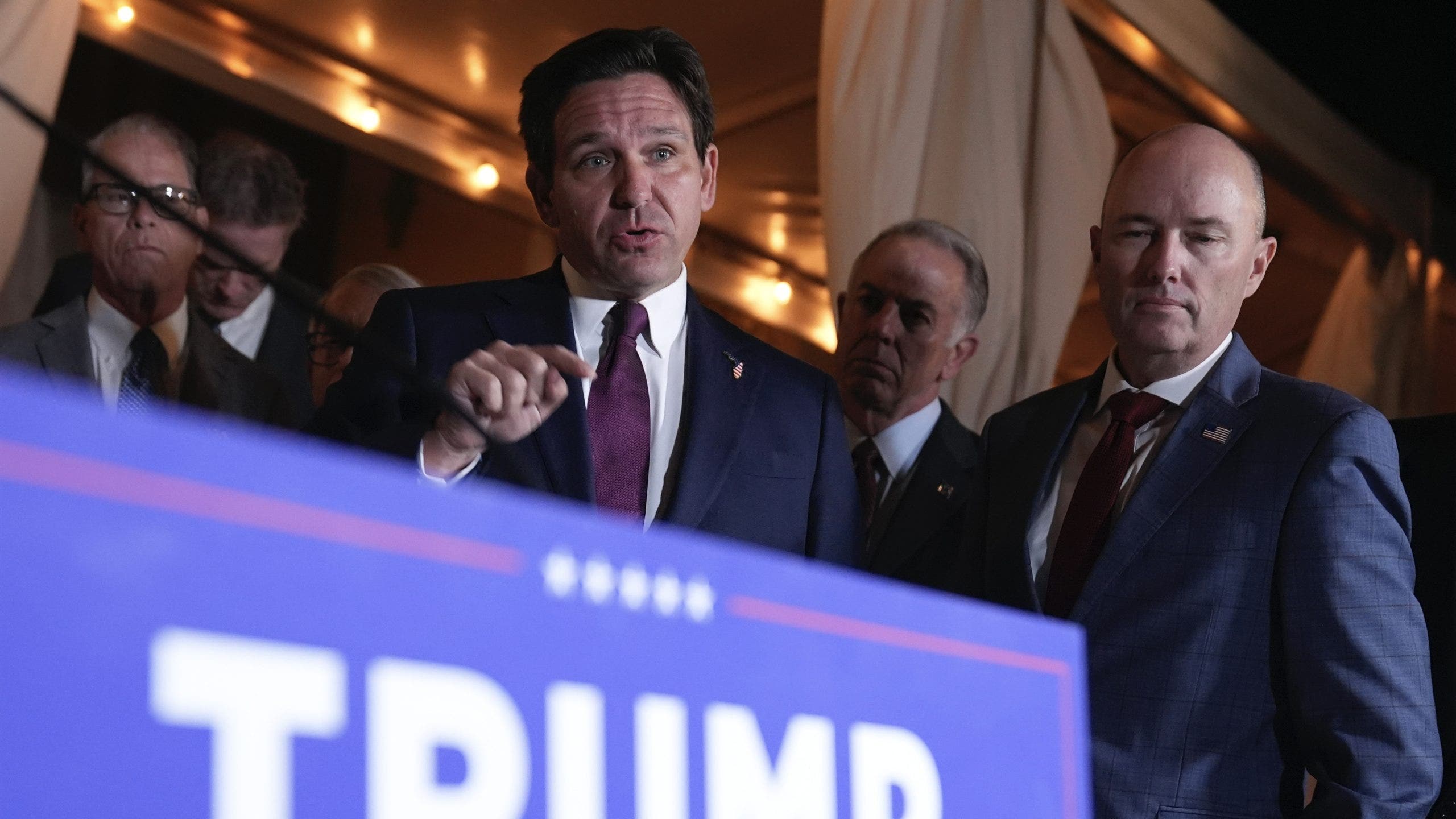World
‘No one will leave’ the EU market because of new AI rules, says Breton
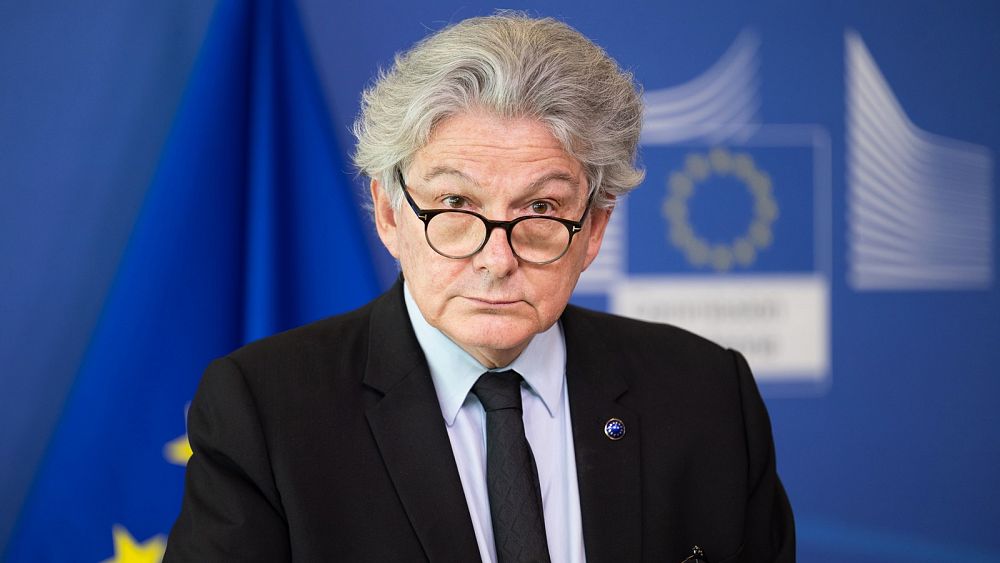
“Don’t worry. No one will leave. No one,” Thierry Breton, the European Commissioner for the internal market, told Euronews on Tuesday.
“No one, of course, because it’s the biggest digital market in the world. So no one can afford it,” he went on.
“It’s (a market) that is bigger than the one in the US (so) no one could afford not to be. And we welcome everybody.”
Breton’s comments come in the midst of negotiations for the AI Act, an ambitious law that aims to rein in the excesses of artificial intelligence and ensure the rapidly evolving technology respects the European Union’s fundamental values.
The draft legislation is considered a world-first attempt to regulate AI through a human-centric, risk-based approach; and its potential success – or failure – could influence rules in other countries around the world.
“We don’t only regulate AI. We have decided to organise our digital space,” Breton said in his interview with Euronews.
But the AI Act, which has been subject to thousands of amendments and intense lobbying, has been met with certain scepticism from the industry it tries to govern.
Last month, Sam Altman, the CEO of OpenAI, the company behind the revolutionary ChatGPT, caused a stir when he suggested the firm might consider leaving the European market if it could not comply with the proposed rules.
Altman later walked back from the remarks, which attracted considerable media attention, and said he had “no plans” to exit.
Breton had a chance to discuss this issue withAltman in a recent trip to San Francisco during which he also met with several directors of big tech companies, including META’s Mark Zuckerberg and Twitter’s Linda Yaccarino.
“He (Altman) told me that it was misinterpreted. So he changed his tweet, and he said: ‘I love the regulation, we will follow it.’ By the way, including on watermarking,” Breton said, referring to the digital technique that allows AI-generated content to be identified as such.
“The rules are rules,” Breton went on, speaking of himself as “the enforcer.”
“Politicians are here to make the rules to secure when we believe it’s important the way our fellow citizens are living in this space or that space, and companies are here to follow the rules. And they will.”

World
Trump plans crypto-friendly orders in first few days in power

World
Israel says cease-fire begins after 3-hour delay over list of hostage names

Israel confirmed late Sunday morning a long-awaited cease-fire has gone into effect after a three-hour delay caused by Hamas not releasing the names of the three hostages it plans to release.
The agreement was set to go into effect Sunday at 8:30 a.m. local time, but was delayed until 11:15 a.m. local time. Jerusalem is seven hours ahead of Eastern time.
Israeli Prime Minister Benjamin Netanyahu held a security situation assessment over the delay in receiving the list of hostages who are expected to be released Sunday morning as part of a cease-fire agreement with Hamas, which eventually provided the names.
Hamas said a couple of hours after the agreement was scheduled to go into effect that it would be releasing hostages Romi Gonen, 24, Emily Demari, 27, and Doron Steinbrecher, 31, on Sunday. Israel confirmed it has received the names. The hostages are expected to be released later Sunday.
Earlier, Netanyahu told the Israeli Defense Forces that the cease-fire would not begin until Israel had the list of hostages expected to be freed. Since Hamas had not given the names of the hostages by the time the cease-fire was set to start, the IDF continued to operate, as it was still striking inside Gaza. At least eight Gazans have been killed in IDF strikes since the cease-fire was set to begin, according to a Hamas-run agency.
“As of this morning, Hamas has not fulfilled its obligation, and contrary to the agreement, has not provided the State of Israel with the names of the returning female hostages up to this time. The ceasefire will not come into effect as long as Hamas does not fulfill its obligations,” IDF spokesman Daniel Hagari said earlier on Sunday.
WHAT TO EXPECT AS ISRAEL-HAMAS CEASE-FIRE GOES INTO EFFECT ON SUNDAY
Romi Gonen, Emily Demari, and Doron Steinbrecher. (Fox News)
Hamas had said the delay in providing the names was due to “technical field reasons” and added that it is committed to the cease-fire deal announced last week.
The terror group released a statement after the cease-fire began, pledging to the people of Gaza “to be the trustees of their rights and defenders of them, until the complete liberation of the land and the holy sites.”
“The whole world today must stand in reverence for the legendary steadfastness of our people in Gaza, and in appreciation of their patience and sacrifices over the course of 471 days,” Hamas said.
“With the entry into force of the ceasefire, we affirm our commitment to implementing the terms of the agreement, which is the fruit of the steadfastness and patience of our great people, and the legendary steadfastness of our valiant resistance in the face of the zionist machine of terrorism and killing,” the statement continued.
Israel’s Cabinet approved the deal early Saturday morning for a cease-fire in Gaza that would include the release of dozens of hostages and pause the war with Hamas that began after the terror group’s Oct. 7, 2023, attack on the Jewish State.
The deal would allow 33 hostages to be set free over the next six weeks, in exchange for hundreds of Palestinians imprisoned by Israel. The remaining hostages are set to be released in a second phase that will be negotiated during the first.
“Our heroic prisoners have an appointment with freedom starting today, and this is our firm pledge with them always, until they break the shackles of the jailer and breathe freedom in the skies of Palestine,” Hamas said in its statement.
Hamas agreed to release three female hostages on the first day of the deal, four on the seventh day and the remaining 26 over the next five weeks.
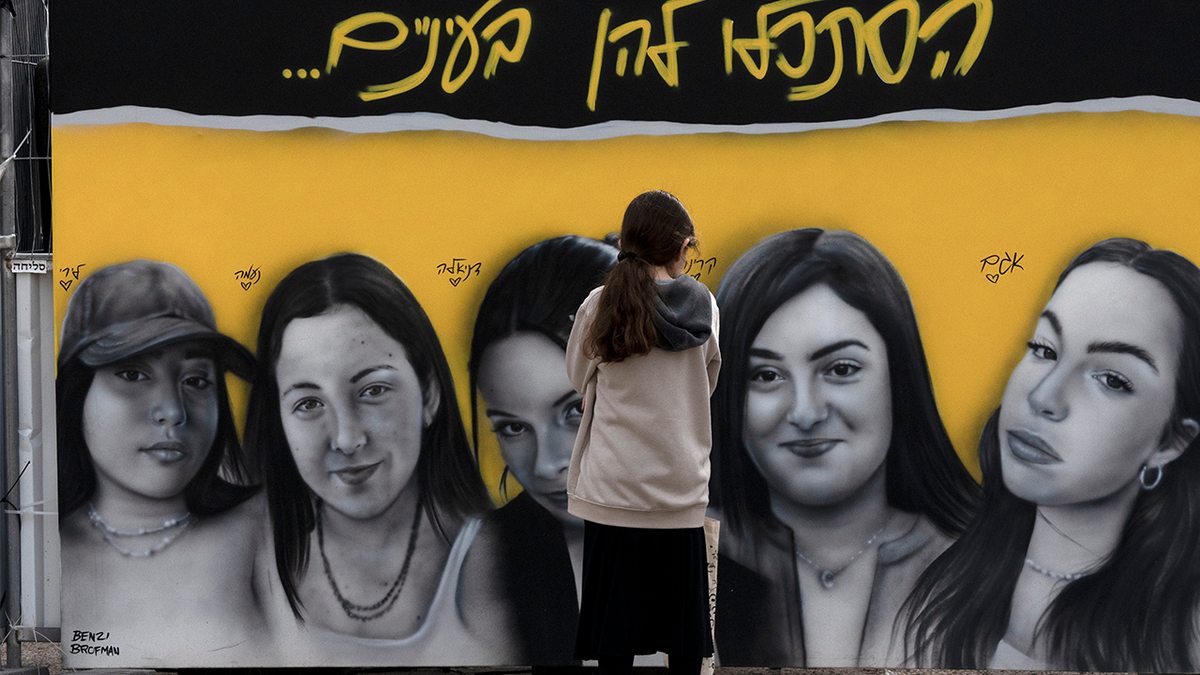
A girl pauses at a mural of female Israeli soldiers held by Hamas in the Gaza Strip, in Tel Aviv, Israel, Friday, Jan. 17, 2025. Hebrew reads: “look them in the eyes.” (AP)
Hamas has said it will not release the remaining hostages without a lasting cease-fire and a full Israeli withdrawal.
This is the second cease-fire achieved during the war.
Gaza is expected to receive a surge in humanitarian aid when the cease-fire begins.
“We are monitoring the operations of bringing in aid and providing relief to our people with everything necessary, and we confirm that all efforts will be made to provide all the necessary support and assistance requirements to restore the cycle of life in the Gaza Strip to normal,” Hamas said in its statement.
ISRAEL DEFENSE FORCES WILL RECEIVE HOSTAGES SUNDAY WITH EQUIPPED CAMPER TRAILERS AND COMFORTING SUPPLIES
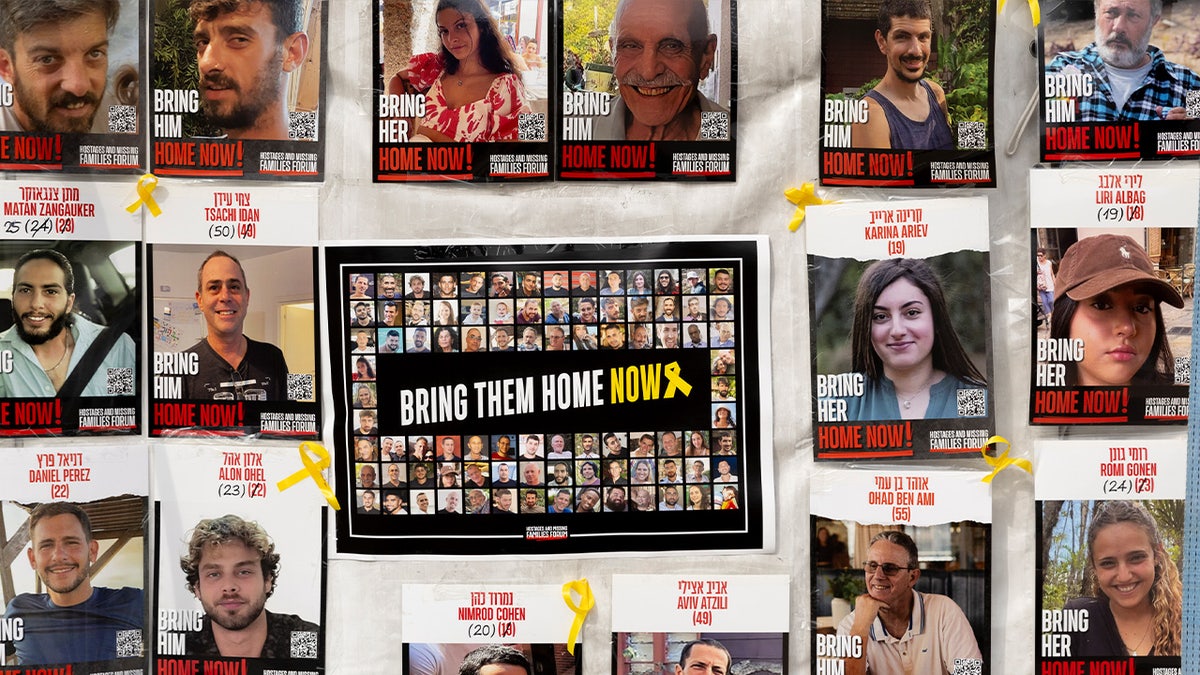
A wall covered with photos of hostages held in the Gaza Strip after the deadly Oct 7 Hamas attack calling for the release of the hostages on January 17, 2025, in Tel Aviv, Israel. (Photo by Amir Levy/Getty Images)
The 15-month-long war in Gaza started when Hamas launched a surprise attack against Israel on Oct. 7, 2023, in which roughly 1,200 people wer killed and about 250 others were abducted, prompting military retaliation from Israeli forces. Nearly 100 hostages remain captive in Gaza.
More than 46,000 Palestinians have been killed by Israel’s offensive, according to the Hamas-run government’s local health officials, who do not distinguish between civilians and terrorists.
World
Photos: Palestinians in Gaza celebrate the ceasefire

Celebrations have erupted across Gaza after a ceasefire in the war-ravaged territory came into effect on Sunday morning.
The ceasefire was announced more than two hours later than scheduled due to a dispute between Israel and Hamas over naming the captives to be freed under the deal.
Earlier on Sunday, Hamas named three captives it plans to release later in the day.
Israel’s cabinet approved the ceasefire on Saturday in a rare session during the Jewish Sabbath, more than two days after mediators Qatar, Egypt and the United States announced the deal.
-

 Science1 week ago
Science1 week agoMetro will offer free rides in L.A. through Sunday due to fires
-
/cdn.vox-cdn.com/uploads/chorus_asset/file/23935558/acastro_STK103__01.jpg)
/cdn.vox-cdn.com/uploads/chorus_asset/file/23935558/acastro_STK103__01.jpg) Technology1 week ago
Technology1 week agoAmazon Prime will shut down its clothing try-on program
-

 News1 week ago
News1 week agoMapping the Damage From the Palisades Fire
-
/cdn.vox-cdn.com/uploads/chorus_asset/file/25826211/lorealcellbioprint.jpg)
/cdn.vox-cdn.com/uploads/chorus_asset/file/25826211/lorealcellbioprint.jpg) Technology1 week ago
Technology1 week agoL’Oréal’s new skincare gadget told me I should try retinol
-
/cdn.vox-cdn.com/uploads/chorus_asset/file/25832751/2192581677.jpg)
/cdn.vox-cdn.com/uploads/chorus_asset/file/25832751/2192581677.jpg) Technology4 days ago
Technology4 days agoSuper Bowl LIX will stream for free on Tubi
-

 Business5 days ago
Business5 days agoWhy TikTok Users Are Downloading ‘Red Note,’ the Chinese App
-
/cdn.vox-cdn.com/uploads/chorus_asset/file/25835602/Switch_DonkeyKongCountryReturnsHD_scrn_19.png)
/cdn.vox-cdn.com/uploads/chorus_asset/file/25835602/Switch_DonkeyKongCountryReturnsHD_scrn_19.png) Technology2 days ago
Technology2 days agoNintendo omits original Donkey Kong Country Returns team from the remaster’s credits
-

 Politics1 week ago
Politics1 week agoTrump to be sentenced in New York criminal trial
